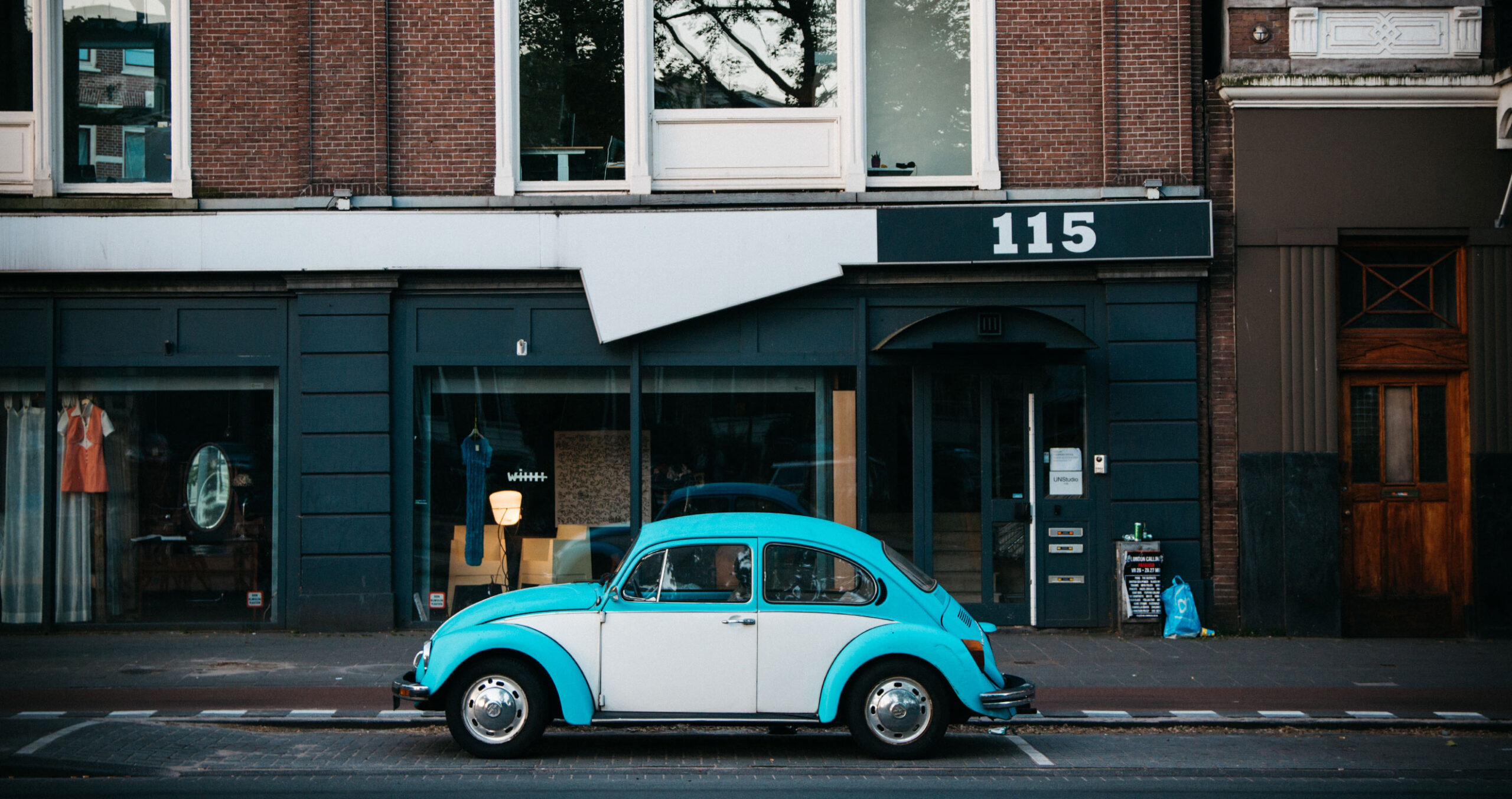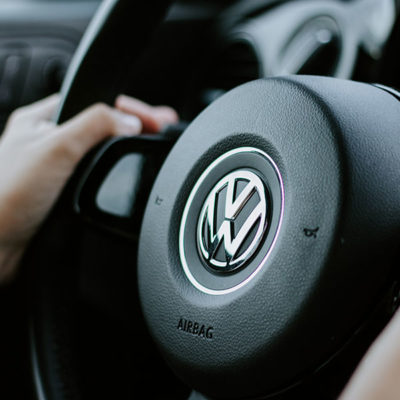Thinking
Dr. Gilbert Heise
Director, Brand Strategy & Customer Insights,
Volkswagen

Dr. Gilbert Heise
Director, Brand Strategy & Customer Insights, Volkswagen
How do you see the role of your brand changing?
In general, the role of brands is more important than ever before. What has changed is that a brand is no longer just acting as a communicator of product substance and quality and providing a frame of reference for product selection. Instead, customers increasingly expect brands to provide a meaning. Moreover, at its core, brands must convey a sense of value.
A good example of this is Patagonia. Customers buy products for outdoor use from Patagonia because of its high quality – but also because of the brand’s consistent focus on sustainability. The longevity of its products allows customers to buy products ‘for life’ and doesn’t force them to keep buying newer versions of the same product.
This connection and the understanding of a deeper ‘purpose’ is important to me. And if a company is consistently delivering proof points to customers through its attitude, such a purpose no longer has to be communicated with a claim or a tagline.
At Volkswagen, the corporate purpose defines the framework of the new brand strategy. The entire company is geared to its purpose. It is our inner compass. Ideally, the new brand logo will (again) become a ‘symbol of trust’ – and it doesn’t need a claim or slogan, because people will feel the attitude and spirit of the company.

What are you doing to stay
ahead of your customers?
The fundamental expectations of the customers have not changed, but the decoding and relative weighting have. In the past, cars were often status symbols of deliberate segregation. ‘Bigger’ signaled better, and the cars conveyed the feeling of taking a certain position in society.
While the same desire is still there today, it appears differently: Today, for example, one takes up a position by completely abandoning the car; or, by experiencing a more sustainable automobility. It is still a matter of positioning in society. What has changed is the decoding.
What do you see as the biggest opportunities for your brand?

Brands in the automotive industry are
currently facing the greatest challenges
in history. On the one hand, combustion
engines still exist. On the other hand, new
engine technologies offer unprecedented
opportunities for sustainable business
– from production to recycling. In this
situation, manufacturers must be able
to communicate through their products,
attitudes and approaches that individual
mobility can continue to exist if technology
is used in the right way. Only by doing
so, we will be able to offer fascinating
and emotional as well as reliable and
environmentally friendly mobility.
Volkswagen has invested a great deal in
this area in recent years and has brought
new mobility concepts to market maturity
in a short period of time. From an internal
perspective, the company is now completely renewed and equipped for the future. On the customer side, however, there is still uncertainty as to how mobility and drive technologies will continue. Here it will take time and communication effort to change attitudes and ultimately images
What are the biggest challenges facing brand leaders today?
One challenge is that the brands must also provide a purpose. And not just to follow a fad or pretend to. The purpose of the brand must be lived throughout the entire company. The important part is to really take everyone along on this journey.